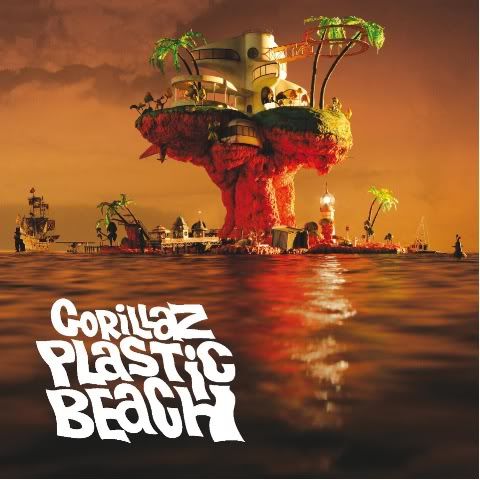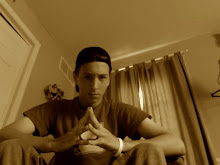What could cause me to break a long streak of silence here in this blog? Perhaps the legacy of an author whose legend has overshadowed my experience. People who I admire speak in hushed tones about Pynchon, his reclusiveness and functionality of: "He is known by his books." Not his face on dust covers, not through interviews on himself or his books. He is mentioned in Rian Johnson's "Knives Out" film through his book "Gravity's Rainbow", which the character insists is a great title for a book hardly anyone reads, but believes in owning.
I think it a good rule of thumb for me in that I should not expect to immediately appreciate an author's voice. It takes an adjustment period for a new reader to enter new waters and acclimate to how information is conveyed. Some authors are more eager to welcome a reader, and offer a gradual wading pool of entry.
A friend loves Pynchon and wanted me to appreciate him, therefore, the title of this post. I had previously started this book due to Joseph Fink, one of the creators of the pioneer fiction podcast "Welcome to Night Vale", in which a story arc of the desert community radio setting was entitled "The Buying of Lot 49."
But this time, as last time, this 152 page novel opens like a beautifully engineered fire hose. Information presented in a comprehensive, multi-layered dimensional picture of setting and time, memories filtering through the mind of Oedipa Mass as she discovers that she has been named the co-executor of a rich and eccentric ex- boyfriends' estate. She is married and her husband is a man whose career options have chafed his sense of self-awareness to a fine grain of thin and sensitive skin. I had to pause and ask my friend, "How much of this information I needing to retain. Because I am drowning here in an unfamiliar atmospheric presentation of information, and I might need to catch my breath and get my bearings on where this is going." I was assured that the journey was the object of the book's experience and not to get too hung up on the details. So I persevered and found it was easier to read it as a flow in single settings. Any time I put it down, the spell was broken and I felt lost coming back and restarting. There are not many chapter breaks and the flow feels like a dream stream of consciousness. Characters have inventive names and more inventive professions and hobbies. Obsession in minutiae and history and alternate detailed fixations around which they build their existences.
By the end, I was fatigued and slightly irritated. I suspected that this short novel would lend itself to multiple readings to glean and understand the full construction and interweaving of information presented. And I was running out of pages to reach the conclusion to a built mystery. I feel like there was a greater theme of "The answer is in the past. The book's end is not its death, but only its termination of linear information." The book will live on in my head and I expect it will give up more of its hold on me in some ways when I read the used copy I picked up from a secondhand book shop, which I scanned through and discovered had been annotated in penned notes by a previous owner. (The version I read this first time through was a library book, which was clean. I thought it was only fair that I don't rush to see what another person thought before I formed my own opinion on a cold pass.)
But in other ways, my friend's enthusiasm was not dimmed in their rereading of the novel. So maybe I am just going to be pulled in deeper in exploring the author through this journey and his other published works.
Thomas hit a nerve
I don't appreciate it
Pynchon sensitive



No comments:
Post a Comment